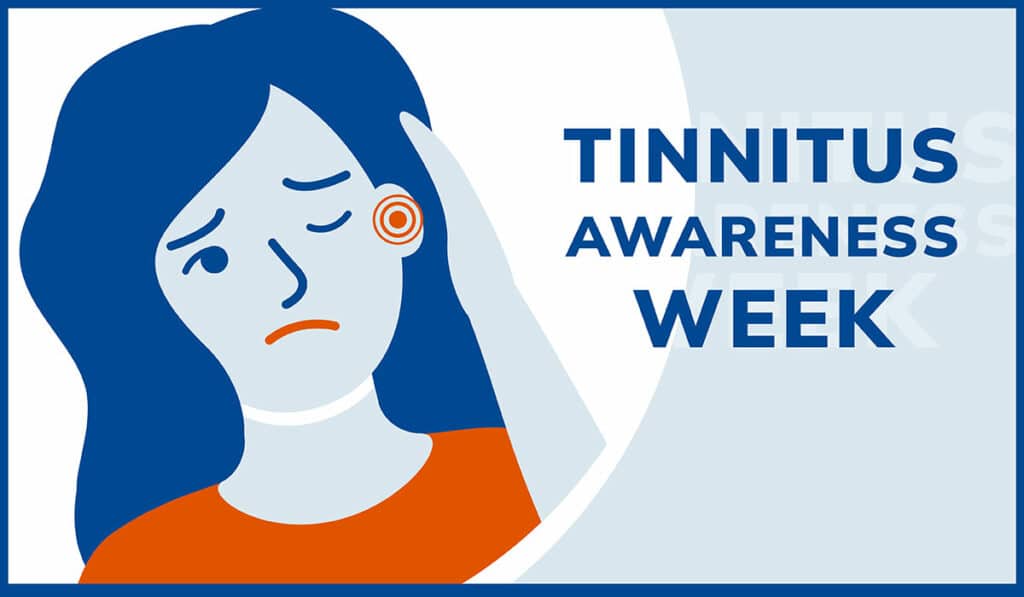
Many of us entered the audiology profession due to a desire to help people and give back. Of course, experiencing an individual hear for the first time with their new hearing devices or cochlear implant can be lifechanging, but what if we could also be lifesaving for our patients? If we begin to embrace practicing to the full scope of our practice, this is more than possible. There is an abundance of evidence linking a range of comorbidities to hearing and balance disorders. A 2020 Geriatric Medicine article, Hearing Loss: The Silent Risk for Psychiatric Disorders in Late Life, details how hearing loss is associated with depression, anxiety, psychoses, and cognitive impairment.1
1. Hearing Loss
Clinical studies over the years have led to the widely accepted knowledge that hearing loss can contribute to an individual’s overall well-being in the form of anxiety, depression, and loneliness due to social isolation and withdrawal from friends and family. In more recent years, studies have begun to highlight the link between untreated hearing loss and cognitive decline, including a likely increased risk of dementia and Alzheimer’s disease. On the encouraging side, preliminary evidence suggests pro-active treatment of an individuals’ hearing loss may offer some protection from cognitive decline.
2. Tinnitus
The presence or addition of tinnitus to an individual’s hearing loss condition often increases the prevalence of mental health comorbidities. Anxiety, depression, isolation, and cognitive impairment can sometimes lead to suicidal thoughts and actions in this population of patients. If you already incorporate tinnitus management into your clinical practice, you are likely aware of the importance of a strong referral relationship with a local mental health professional for co-management of these patients.
3. Vestibular disorders
Individuals may commonly exhibit anxiety, panic, and depression when suffering from a vestibular disorder. Vertigo, and specifically BPPV, is associated with an increase in anxiety and depression in these individuals. There is a growing body of literature describing the vestibular system as the window to the brain, suggesting its ability to provide insight into a person’s cognitive and psychiatric health.
4. Central Auditory Processing Disorders (CAPD)
The inter-relationship between impaired central auditory processing and cognitive decline is a newer area of research. Early indicators suggest difficulty in auditory processing increases the risk for an individual experiencing dementia or Alzheimer’s disease later in life.
Many of us are currently examining opportunities for diversification and specialization in our clinics, including alternative service delivery models. As you perform this analysis of your practice, I suggest you consider the implications for your patients. Something as simple as adding a cognitive screening tool to your clinical process could have long-reaching implications for your practice, your patients, and the profession of audiology. The mind-body connection is a powerful one, and audiology needs to take its rightful place in the continuum of care for the public’s health and wellness. I ask you to reflect on the comorbidities of depression, anxiety, social isolation, and cognitive decline, as well as how you are addressing the needs of your patients and your community. In doing so, you will help your patients and help your practice grow!
1 Blazer DG. Hearing Loss: The Silent Risk for Psychiatric Disorders in Late Life. Clin Geriatric Med. 2020 May;36(2):201-209. doi:
10.1016/j.cger.2019.11.002. PMID: 32222296.








